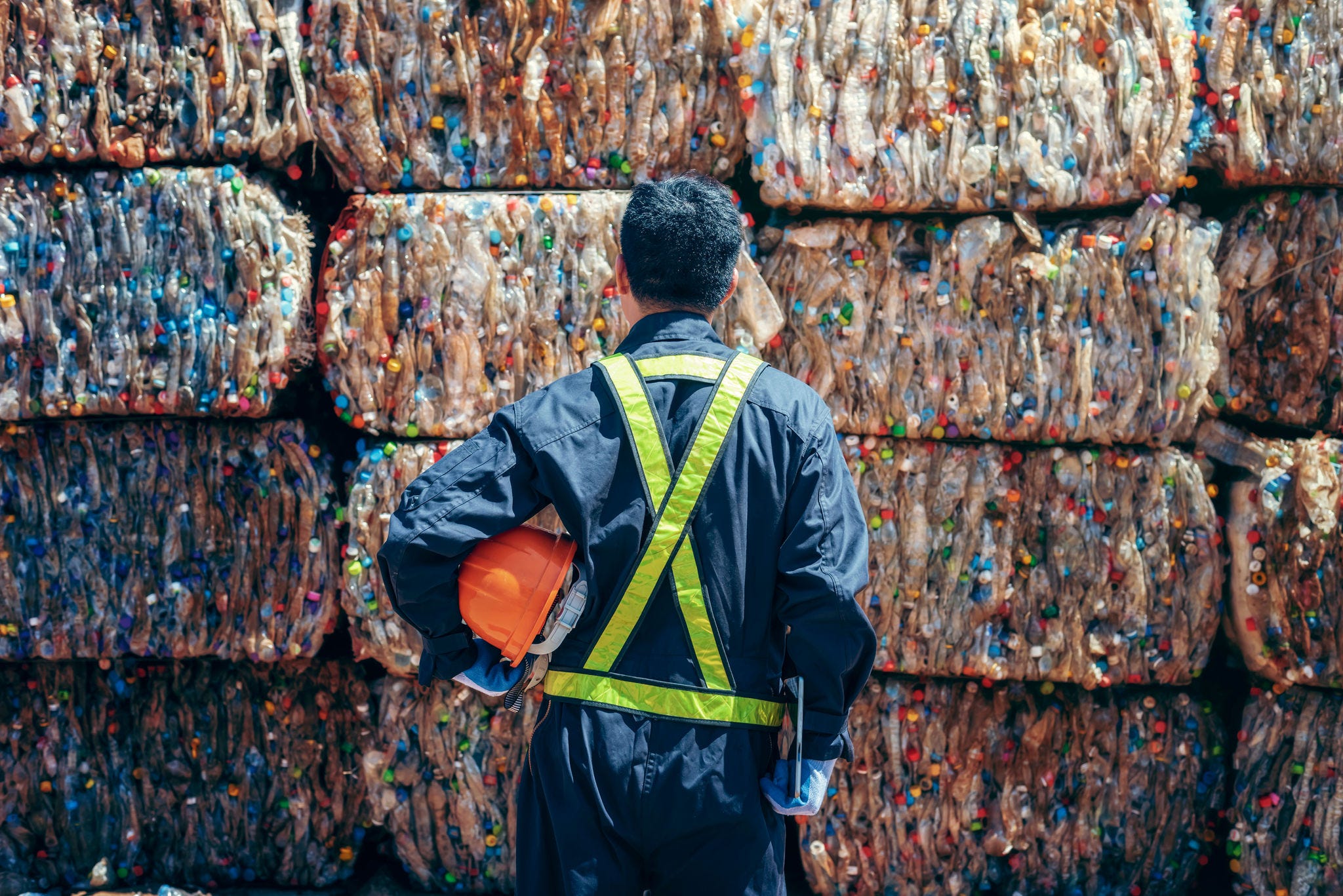Policies that empower consumers in the green transition are vital. They require an understanding of the factors influencing individual choices and the specific obstacles that consumer face. The OECD supports countries in devising effective policies by exploring how economic and policy environments shape behaviour change. This exploration includes assessing the impact of incomplete or misleading environmental claims on consumer decisions and market dynamics, clarifying the accessibility and affordability of sustainable choices amidst the current cost-of-living crisis, and investigating the effectiveness of digital nudges such as green default options, in promoting sustainable practices.
Sustainable consumption
Consumers can play a critical role in reaching climate and sustainability goals. Their spending represents on average 60% of GDP in OECD countries, and changes to lifestyle and consumer behaviour could result in a reduction of up to 70% of global greenhouse gas emissions by 2050. However, more needs to be done to support sustainable decision-making.
Key links

Key messages
Governments around the world are introducing a range of policies to protect and empower consumers in the green transition. These policies include enabling a right to repair, prohibiting planned product obsolescence, ensuring product safety and sustainability by design, and combatting greenwashing – a practice where unsubstantiated or misleading environmental claims are used in marketing. Such policies remove barriers to consumers engaging in the green transition and help foster competition and innovation by businesses committed to sustainability.
Digital technologies are pivotal in empowering consumers during the green transition and achieving climate goals. They facilitate the emergence of new markets for sustainable products and enhance access to information, aiding consumers in making environmentally friendly choices.
In today's digital landscape, many consumers opt for second-hand products online, supported by ancillary services like buyer protection schemes and quality certification, which foster trust in online resale markets. Peer-sharing economy platforms further contribute by offering temporary access to products, thereby reducing the need for new purchases for occasional use. Additionally, digital tools such as QR codes provide valuable information to subsequent product owners, while artificial intelligence can assist in making greener decisions, notably in optimising energy consumption and cutting heating bills.
These technological advancements collectively represent a significant stride in the green transition, demonstrating how digital tools can lead to more sustainable consumer behaviors and environmental outcomes.
Context
Households are open to making lifestyle compromises to help the environment
Of the more than 17,000 households surveyed across nine countries in the OECD Environmental Policies and Individual Behaviour Change (EPIC) Survey, two-thirds (65%) indicated that they are willing to make personal compromises to their lifestyles for the benefit of the environment.
Related publications
-
 11 October 2024
11 October 2024
Related events
-
 oecd-events.org8 October 2024
oecd-events.org8 October 2024
Related policy issues
-
Understanding consumer behaviour is key to effective policy design. Behavioural insights, rooted in psychology and social science research, explain how people actually make decisions.Learn more
-
Governments can provide an enabling environment for sustainable household and firm behaviour. The OECD provides unique insights into the drivers of environmental behaviours and the measures governments can put in place to overcome identified barriers to more sustainable choices.Learn more
